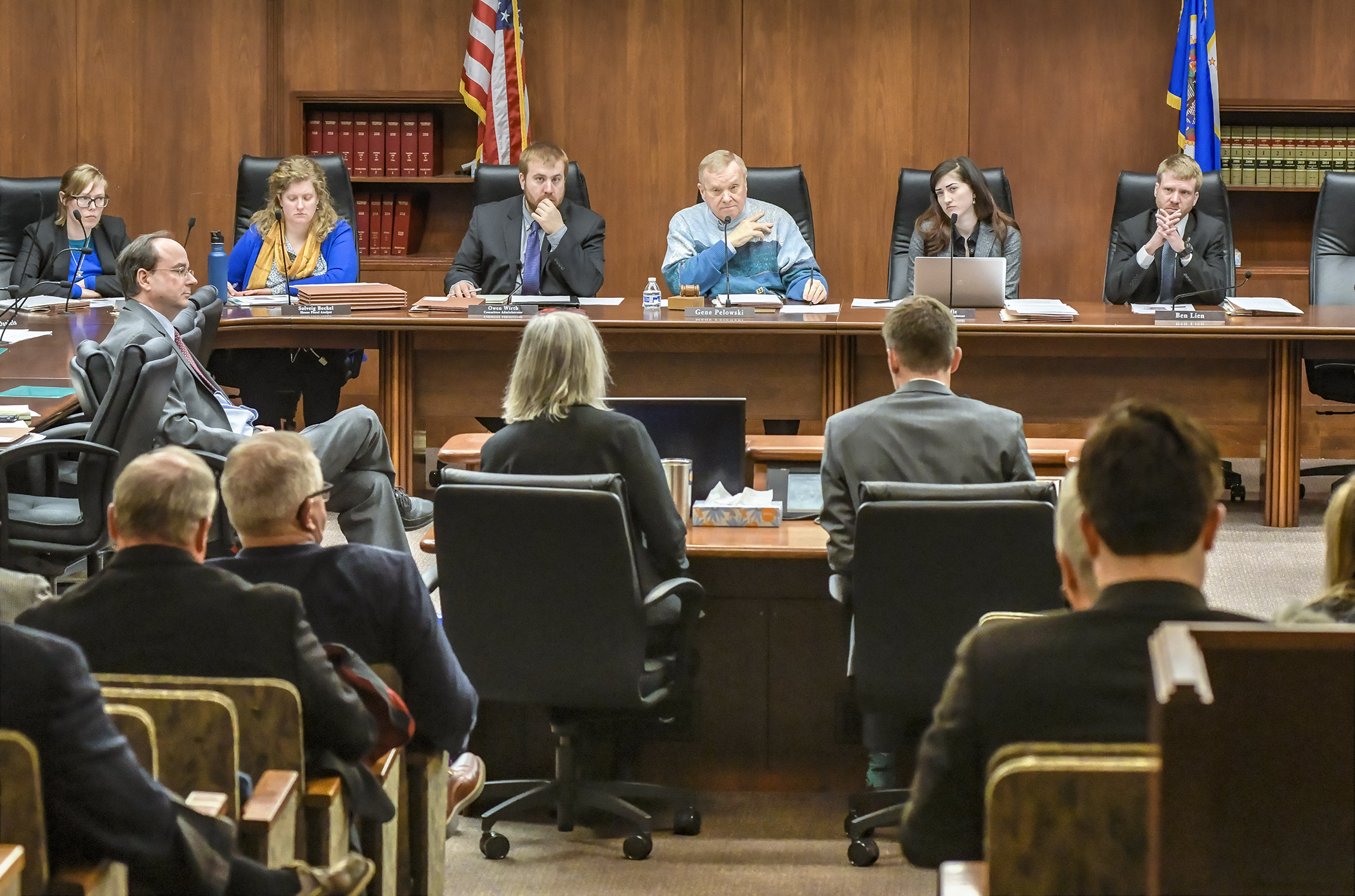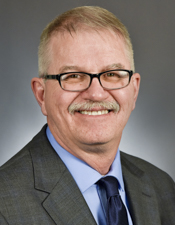Extra money sought for internet infrastructure in underserved parts of state

Following a plea to posterity, additional money was added to a statewide broadband bill Monday.
Sponsored by Rep. Rob Ecklund (DFL-International Falls), HF7, as amended, would provide the Border to Border Broadband Development Grant Program with $15 million in Fiscal Year 2019 and $70 million in the 2020-21 biennium.
Approved by the House Greater Minnesota Jobs and Economic Development Finance Division, the bill was referred to the House Ways and Means Committee.
The original bill lined up with Gov. Tim Walz’s proposal of $70 million in the 2020-21 biennium, but an amendment successfully offered Rep. Sandy Layman (R-Cohasset) added funding for the current fiscal year.
“It’s not a Republican issue; it’s not a Democrat issue,” stated Layman. “It is how we are going to be connected to the world.”
The $15 million addition is intended to provide money the House and Senate agreed upon in 2018, Layman said. However, that funding was part of a 990-page omnibus bill vetoed by former Gov. Mark Dayton.
The proposal would likely translate into a short grant period implemented in 2019, rather than holding the funds to disperse in 2020 and 2021, according to Steve Grove, commissioner of the Department of Employment and Economic Development..
Grants are not intended to cover the entire cost of the projects, explained Danna MacKenzie, executive director of the Office of Broadband Development. Non-state matches would be required.
The state has a statutory goal of making broadband internet with a download speed of 100 Mbps and upload speeds of 20 Mbps available to all households by 2026.
The request in the governor’s proposed budget is intended to reach the 10 percent of the population still lacking speeds of at least 25 Mbps for download and 3 Mbps for uploads by 2022, MacKenzie explained.
New installations, while not required to provide access meeting the higher statutory goal, require 25/3 Mbps at a minimum and must be upgradable to the higher standard.
“I think we need to make it like rural electrification,” Ecklund said. “Let’s make it a requirement, not an option.”
The companion, SF9, sponsored by Sen. D. Scott Dibble (DFL-Mpls), awaits action by the Senate Health and Human Services Finance and Policy Committee.
Related Articles
Search Session Daily
Advanced Search OptionsPriority Dailies
Speaker Emerita Melissa Hortman, husband killed in attack
By HPIS Staff House Speaker Emerita Melissa Hortman (DFL-Brooklyn Park) and her husband, Mark, were fatally shot in their home early Saturday morning.
Gov. Tim Walz announced the news dur...
House Speaker Emerita Melissa Hortman (DFL-Brooklyn Park) and her husband, Mark, were fatally shot in their home early Saturday morning.
Gov. Tim Walz announced the news dur...
Lawmakers deliver budget bills to governor's desk in one-day special session
By Mike Cook About that talk of needing all 21 hours left in a legislative day to complete a special session?
House members were more than up to the challenge Monday. Beginning at 10 a.m...
About that talk of needing all 21 hours left in a legislative day to complete a special session?
House members were more than up to the challenge Monday. Beginning at 10 a.m...
